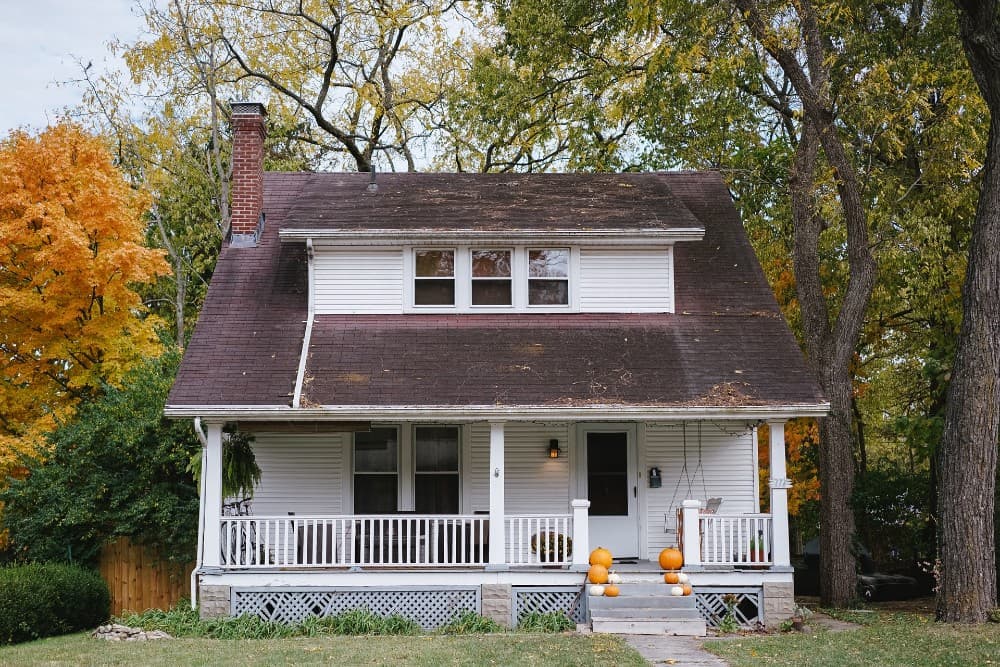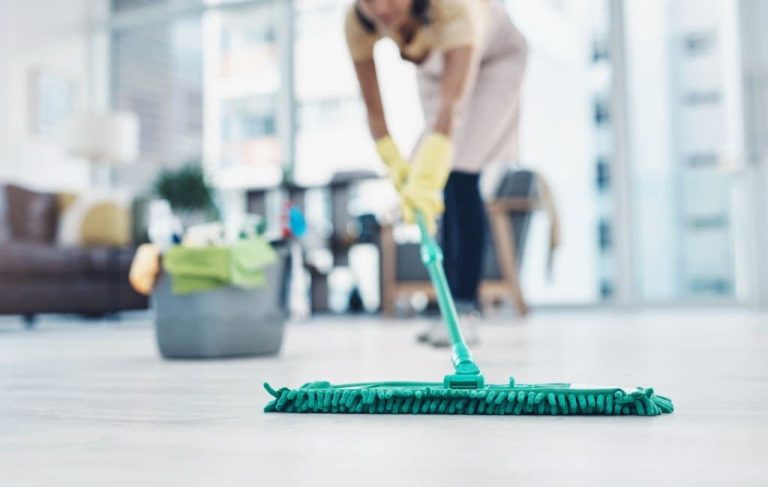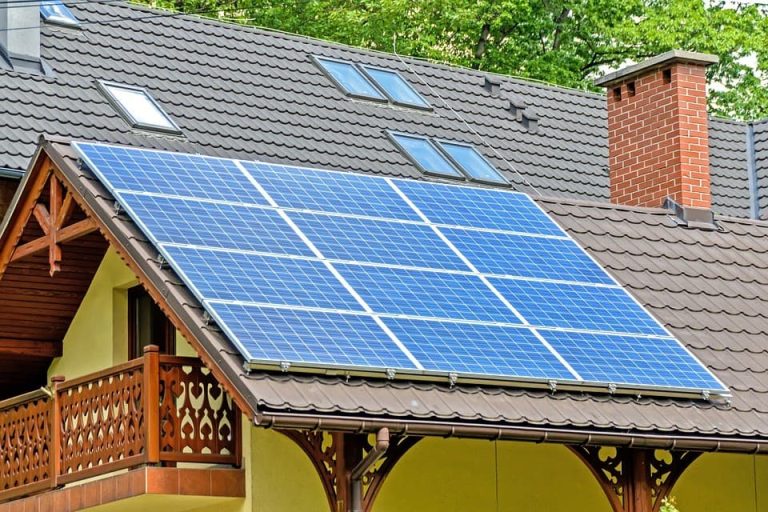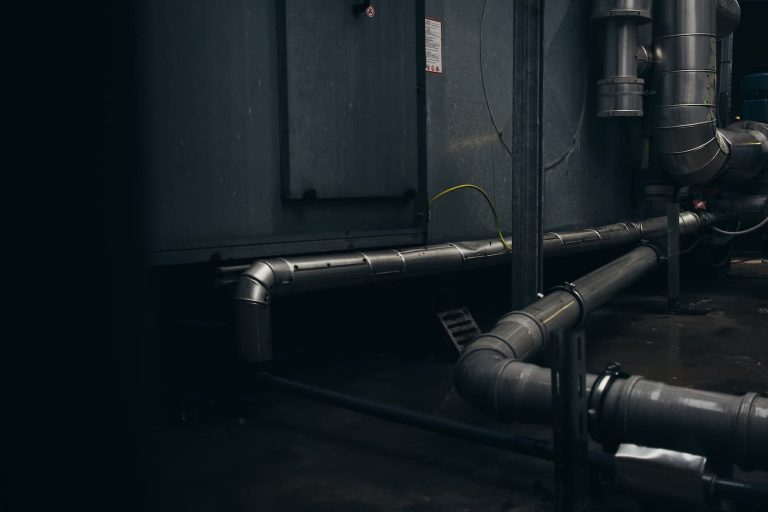How to Maintain Your Home After A Serious Disaster
Water damage, fire damage, and other serious disasters can be homeowners’ worst nightmares. Your home is likely damaged, but your belongings may be as well. Restoring your home from such damages can be expensive and time-consuming.
In the aftermath of such a disaster, it’s important to take steps to help maintain your home and prevent further damage.
Table of Contents
Seek Professional Help
The first step is to seek professional help. Chicago water and restoration experts can help assess the damage, recommend repairs, and take care of the repairs themselves. This may be a great option for those who don’t have the time or expertise to do the repairs themselves.
You can visit their website for more information. While you’re waiting for the professionals to arrive, take steps to prevent further damage. If there is water damage, turn off the power and unplug any electronics that may have been wet.
If there is a fire, make sure the firefighters have left and check for hot spots. Don’t go into areas that are still dangerous, and don’t try to clean up any hazardous materials yourself.
Cleanup and Restoration
Once the professionals have arrived, they will likely begin by cleaning up the damage. This may include removing water, putting out fires, and boarding up windows and doors.
They may also need to remove damaged furniture, appliances, and other belongings. The next step is restoration.
This can involve repairing or replacing walls, ceilings, floors, and other home parts. It may also include restoring or replacing personal belongings

Perform Home Maintenance
It’s essential to watch your home. Check for signs of further damage and repair any problems you find as soon as possible. Be sure to also perform regular home maintenance tasks such as changing the air filters, checking the roof for leaks, and trimming trees away from the house.
These preventive measures can help minimize future damage to your home. Some other regular maintenance tasks include:
- Cleaning your gutters regularly
- Make sure your smoke detectors are working properly
- Testing your carbon monoxide detectors regularly
- Changing the batteries in your fire extinguishers at least once a year
- Performing annual maintenance on your heating and cooling systems
Assess the Damage
It’s also a good idea to assess the damage and record it. This can help with insurance claims and may be necessary if you need to take legal action against the party responsible for the damage.
The compensation for damages can be a long and challenging process. But with some hard work and the help of professionals, it’s possible to get your home back in order. So, when assessing damage, be sure to take pictures and videos, make lists of damaged items, and keep receipts for any repairs or replacements.
Regularly Inspect Outside Your Home
Ensure to keep an eye on the roof, eaves, and gutters for any signs of water damage. If you do find a problem, fix it right away. If you clean them yourself, be careful on that ladder.
You don’t want to fall and injure yourself while trying to tidy up your home.
According to the United States Consumer Product Safety Commission, falls are the leading cause of injury in the house. So, if you can’t do it safely, don’t do it at all and call a professional.
Check Foundation for Cracks
Another important step is to check the foundation for cracks. If you find any, have them repaired right away. Foundation cracks can allow water to seep into your home, leading to further damage.
That moisture can also cause mold and mildew to grow, which can be dangerous for your health. A small crack in the foundation may not seem like a big deal, but it can lead to thousands of dollars in damage if not fixed. So, it’s important to take action as soon as you notice any problems.
Keep an Eye on Your Electrical System
Ensure all the wiring is in good condition and there are no apparent problems. Look for any signs of fraying or exposed wiring and have any problems fixed right away. Electrical issues can cause fires and other serious damages.
One mistake many people make after a serious disaster is to try to use electricity and water together. This can be very dangerous and can lead to electrocution. So, if you see any water near any electrical equipment, unplug it immediately and call a professional.
Take Care of Your Yard
Trees can be a significant hazard during a storm. They can fall on homes, cars, and power lines. So, it’s essential to keep trees trimmed and away from your home.
If there is any damage to your yards, such as downed trees or branches, have it fixed right away. Damaged yards can attract bugs and other pests, which can be a nuisance and pose a health risk.
Be sure to clear any debris from your gutters so that water can flow freely. Clogged gutters can cause water damage to the roof and eaves.
Keep in mind that while homeowners can safely handle some maintenance tasks, others should be left to the professionals. When in doubt, it’s always best to err on caution. By following these tips, you can help maintain your home after serious damage.







